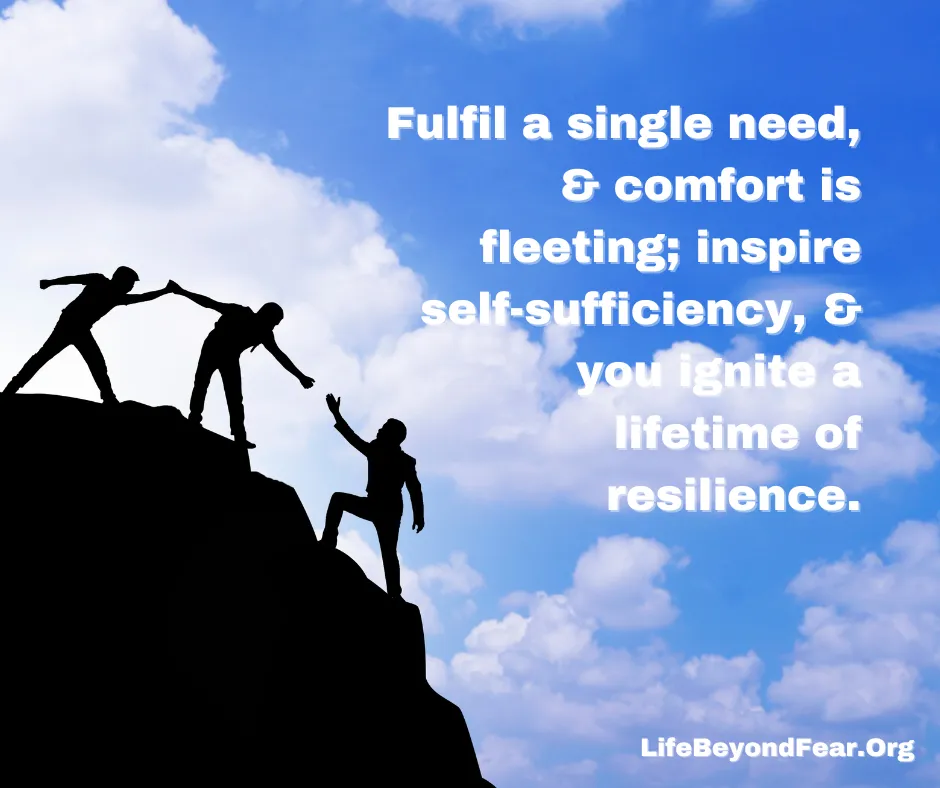There’s a whole life out there, beyond fear!
Discover the hidden purpose of fear...
Alchemise fear into the messenger it truly is, a catalyst for discovering unexplored potential!
Life Beyond Fear
Feel freedom, and let life become an adventure.

Life

Beyond

Fear

Live a Life Beyond Fear
Transform every moment of fear into a gateway for profound self-awareness and personal growth.
Join us in exploring how fear can be your ultimate guide to transformative insight and personal evolution!
Alchemise and transform for a Life Beyond Fear
Life Beyond Fear
Open your arms to adventure
Life Beyond Fear
Alchemising Fear
Unveiling the Hidden Purpose of Fear: A Journey to True Potential.
Discovering the hidden purpose of my fear was a game-changer in unveiling my true potential. Each moment of fear has transformed into a gateway for profound self-awareness and personal growth. This journey has been, to date, my biggest achievement.
Join me as we explore how fear can become your ultimate guide to transformative insights and personal evolution!
With passion, I delve into transforming fear into joy and love, and I’m excited to share these insights with all of you. Your incredibly kind words and unwavering support mean the world to me. If you feel moved to contribute and support my work, you can do so here.
Your generosity is deeply appreciated, and I thank you from the bottom of my heart for your donations.


"There is nothing to fear, but fear itself." Franklin D. Roosevelt
"Fear is the whisper of doubt in the darkness. Embrace it, and let it guide you to your greatest light." Life Beyond Fear
"Fear is not the enemy but the catalyst that propels us towards our true potential." Life Beyond Fear

Propel Beyond Fear
Imagine a life beyond fear.

A World Beyond Fear
What would the World be like viewing fear as a catalyst for change?

Live a Life Beyond Fear
Every day can feel like an adventure!
Life Beyond Fear
Life Beyond Fear Blog
Life Beyond Fear
"Fear is the silent partner of growth. When you face it head-on, you discover the power you've always had." Life Beyond Fear
"In the face of fear, remember: the only way out is through. Embrace the journey, and you'll find the strength within." Life Beyond Fear

Copyright ©LifeBeyondFear.Org. All Rights Reserved.
Unlock the secrets to improving relationships at work, at home, and most importantly, with yourself. Discover the transformative power of meaningful connections and self-understanding.


